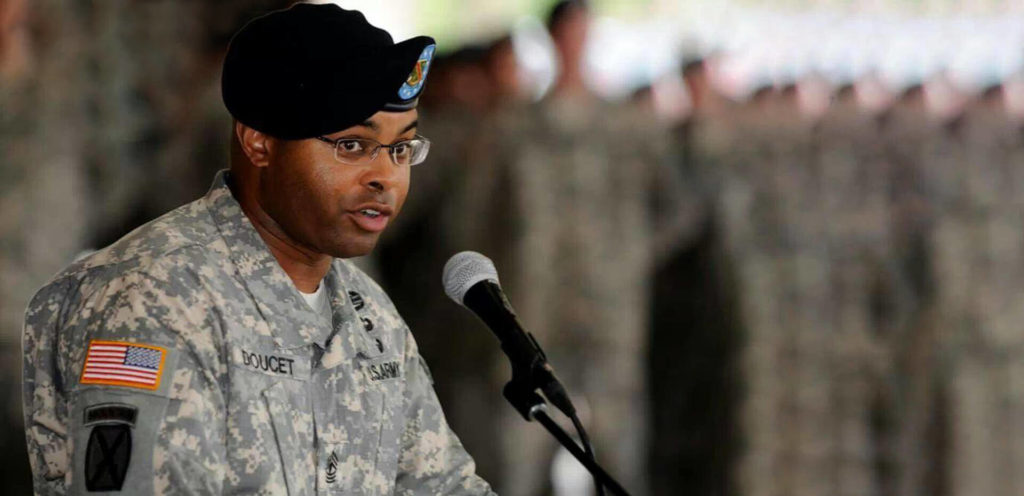The challenge people face today is not whether they qualify for the job or position; essentially, it’s putting in the work in order to get the job or next-level position.
If you put in the work, which means the continuous education, training, and experience in the work you seek, you will have a higher probability of getting that job or next-level position.
I was always inspired to be a Company First Sergeant, who is the senior enlisted advisor to the Company Commander.
However, while stationed at Fort Campbell, Kentucky, I was told I would NEVER get a chance to be a First Sergeant because of a situation overseas in Iraq (2009-2010). That conversation is for another time; however, I was able to bounce back.
I changed duty stations to Schofield Barracks, Hawaii, becoming an Operations Sergeant for the Schofield Barracks Police Station, and I put in the work to develop myself and those around me.
I put the mission first and pushed for initiatives that would help the organization as a whole.
Those initiatives came with some friction and resistance; however, I could improvise, overcome, and adapt.
While at the Schofield Barracks (S.B.) Police Station, I built relationships with community leaders, stakeholders, and other military leaders, both senior and young leaders.
If you want to be successful, building relationships with others around you cannot be overstated, which means connecting with people you will not agree with and they may not have your organization’s best interest.
I always explain that building relationships is not about taking your co-workers out to lunch or attending happy hour. The ability to connect with people means that you as an individual have something to offer to people, and they see the potential in you.
As the operation sergeant for the S.B. Police Station, I was able to get resources and information to command teams so that they may be able to effectively and efficiently do their jobs. In general, working with people to achieve a particular objective is not easy unless relationships are established early on, and good leaders know and understand that concept.
After a year as the S.B. Police Station operations sergeant, the Brigade Command Sergeant Major (CSM) came to me during a frustrating time in which I was pissed off. Some (or almost a good majority) of the senior leaders in command and first sergeant positions were not prioritizing their time correctly.
I would argue (and I’m always down for a debate) that the most critical job of a leader in any organization is prioritizing tasks. Furthermore, team members and subordinates understand their tasks and purpose.
As the S.B. Police Station operations sergeant, I witnessed tasks not completed and small things getting dropped in other organizations.
Nevertheless, the Brigade CSM told me that I would be taking over the 58th military police company when they returned from Afghanistan, in which my whole demeanor changed.
Finally, I would get my chance to show (not only myself) but to others what right looks like. I was eager to lead young men and women to become better versions of themselves.
I had put in the work to become a First Sergeant, and I was proud to stand in front of soldiers of the 58th military police company.
This would be the next chapter of my life where I would be tested in all Army values: Loyalty, Duty, Respect, Selfless Service, Honor, Integrity, Personal Courage (LDRSHIP).
Essentially, the First Sergeant of a company can make or break the organizations’ readiness in physical fitness, health and welfare, equipment, leadership development, promotions, and overall discipline.
As the First Sergeant of the 58th Military Police Company, I echoed and lived the Non-commissioned officers Creed.
The Non-commissioned officer’s Creed says that the Sergeant (NCO) has two basic responsibilities that will always be uppermost in their mind: accomplishing the mission and the welfare of my soldiers. Moreover, I will strive to remain technically and tactically proficient.
The NCO creed is something I lived by throughout my 21 years of military service, in which NCOs are required to know the Creed and embody those principles.
Once a soldier puts on stripes as a Sergeant (more importantly a First Sergeant), that signifies they are willing and able to carry out the duties and responsibilities of taking care of soldiers, leading by example, and seeking constant improvement.

